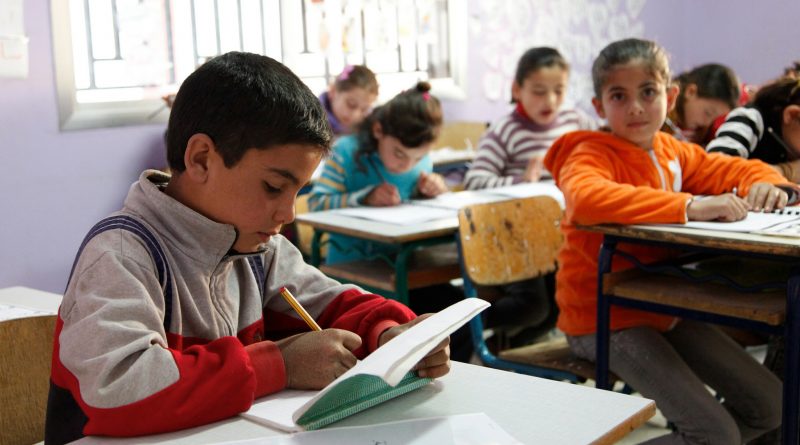In this video Joanna Härmä, visiting Research Fellow at the Centre for International Education, University of Sussex, talks about research she undertook for DFID in Autumn 2015 on non-state provision of education in low-income areas of Maputo, Mozambique.
In many developing countries governments struggle to provide education that is accessible to all and of good quality. This has led to individuals starting their own small private schools in low-income areas serving the community. There is considerable controversy surrounding fee paying provision for poor communities – are they run as a business or a community school.
Arguments for these schools are that they are affordable, better quality, and providing a pro-poor solution. The arguments against are that they increase stratification in society, that they are unaffordable to the poor and that quality is not particularly good. Joanna finds that the truth is somewhere in between. Research on learning outcomes does tend to show private schools produce better test scores. However, when socio-economic background is taken into account the private school advantage tends to disappear. Private schooling is not affordable to the poorest 20-40% of society.
Joanna carried out a study for DFID to find out what non-state schools exist in low-income areas of Maputo, Mozambique. The status of education in this area is low. There is no government provision at pre-primary level and extreme under-provision at secondary level. There is a lack of schooling material in state provided primary schools. Absenteeism is very high amongst teachers and pupils.
Fieldwork for the study found 53 non-state schools and 55 government schools. Non-state schools were smaller. 36 of the 53 were serving the pre-primary level only. Many of the 53 non-state schools identified were not owned by a private individual but were community schools. These schools were established by a group of community members or community members got together and asked a religious leader to start a school as an alternative to the government system. 5 of the community schools receive teachers posted from the government and those schools did not charge fees at higher level.
Only 21 of the non-state schools were fully private. There is no major sub-sector of unregistered schools as there is in Nigeria and India so the government is able to keep better track of what is happening. Teachers in the non-state schools identified were relatively well prepared and most at primary and secondary levels are certified as teachers. Pay in non-state schools was found to be around one third of the pay that a civil service teacher receives. The cost of the schools works out to be around 35-40% of the pay of a low-level formal sector employee. Therefore the vast majority of these schools do not serve poor families, pupils tend to be from middle class families. Proprietors of these schools say that the reason that the low-fee private school sector hasn’t flourished in Maputo is people’s clear inability to pay.
Some have claimed that where government are failing to provide sufficiently good quality schools and number of seats a thriving private school sector will exist but this was not found to be the case in Maputo. The research also concludes that poverty is the main barrier to people being able to afford private schooling and to the growth of this sector. The private sector is, however, providing in areas where the government is not providing at all such as pre-primary. However, the poor are not likely to be able to access these.

